The top lessons I learned in 2017 from interviewing people like Tony Robbins and Tim Ferriss
LinkedIn founder and Greylock investor Reid Hoffman said a strong network is more valuable than a thorough career plan.

Life coach Tony Robbins demonstrated the power of routine.
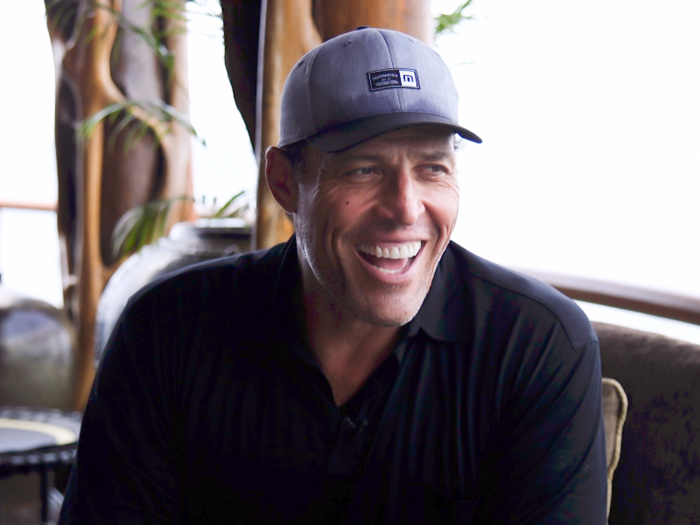
As the world's most famous life coach, Tony Robbins not only has personal clients like billionaire investor Paul Tudor Jones he checks in with daily, he tours the world giving presentations and running events that regularly include 16-hour days.
He's been doing this for about 40 years now. And even though he's now 57 years old, he told me that implementing strict routines into his daily schedule have allowed him to be busier than he was when his energy came more easily.
Each morning, Robbins spends 10 minutes meditating and reflecting on what he is grateful for, and then spends 15 minutes in a compact but intense workout.
While I haven't mimicked Robbins' exact routine, I've realized there's no reason not to carve out at least 30 minutes every morning for the sake of mental and physical health.
Bridgewater founder Ray Dalio said that anyone can benefit from a degree of 'radical transparency.'
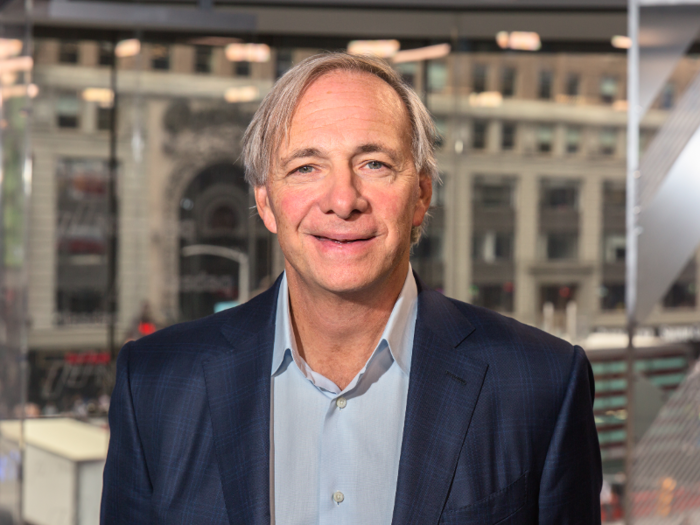
Ray Dalio built Bridgewater Associates into the largest hedge fund in the world, with roughly $150 billion in total assets under management, but he may be more recognizable for the controversial management philosophy he's instilled into all of his employees.
After stepping down from daily management responsibilities in March, Dalio began a phase of his career in which he passed on this philosophy to the public.
I spoke with Dalio in September when he was promoting his book "Principles: Life and Work," and he said that he wants his legacy to be inspiring people to use "radical truth" and "radical transparency" in their personal and professional lives in order to make better decisions and form more honest relationships.
While I certainly don't want to work in an office where all meetings are recorded and my performance in meetings is graded in real time by my peers — as things go over at Bridgewater — I do understand the core of Dalio's desire: that playing disingenuous office politics is a slippery slope, and that honesty with your bosses and coworkers, even when it's uncomfortable, is always the better option.
BBG Ventures founding partner Susan Lyne said that a driving mission is more important than a proper career path.
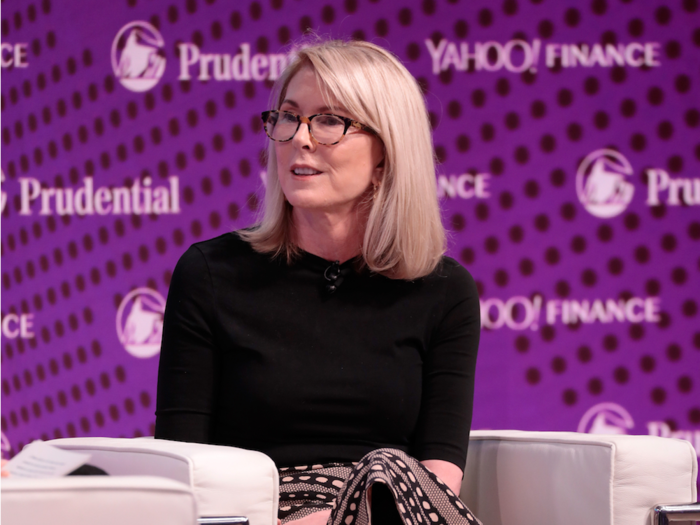
Susan Lyne has had quite the career: She was a magazine editor, head of primetime at ABC, head of Martha Stewart's media empire, and board director at Gilt Group, among other roles.
She is currently the founding partner of Built By Girls (BBG) Ventures, a venture capital firm focused on woman-led companies.
In an upcoming episode of BI's podcast "Success! How I Did It," Lyne explained to me that while her career path is unusual, she has long been driven by a mission to enact positive change for women, whether that's in media or the startup world.
It made me realize that there isn't a "correct" career path, and that I should be willing to take risks beyond my comfort zone if I feel that the decision would be true to what I want from life.
Former Navy SEAL commanders Leif Babin and Jocko Willink believe that 'discipline equals freedom.'
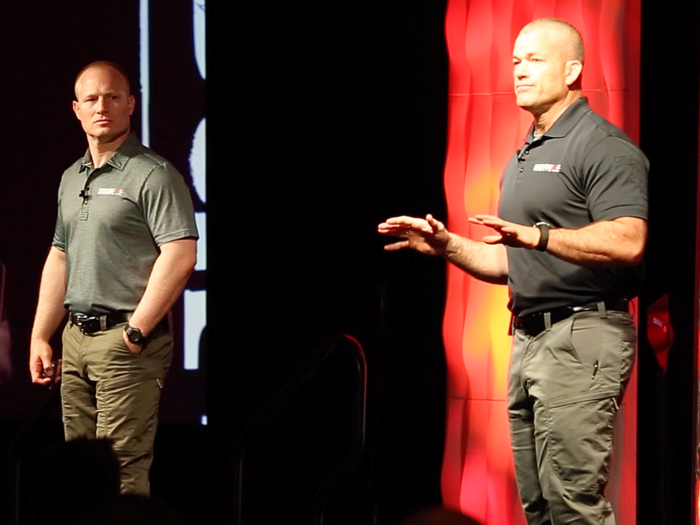
Jocko Willink led US Navy SEAL Team 3 Task Unit Bruiser, the most highly decorated special operations unit of the Iraq War, and Leif Babin was one of two platoon leaders that reported to him. Together they founded and run the leadership consulting firm Echelon Front.
At their "Muster" event earlier this year, they pointed out to me how easy it is to cast blame on others or circumstances after making a mistake.
"Taking ownership instead of blaming others, finding excuses, or maybe even denying that problems exist ... And a lot of that is about checking your ego."
Babin said ego could certainly be an asset — it can drive a person to compete and succeed — but it needs to be kept in check so it doesn't become a liability.
In another conversation, when he was promoting his solo book "Discipline Equals Freedom: Field Manual," Willink explained that the ideals they developed in the SEALs can be applied to the most mundane activities — and that's why I stopped eating free donuts, pizza, and bagels in the office just because they were there.
Bestselling author and star podcast host Tim Ferriss learned the value of simplicity.
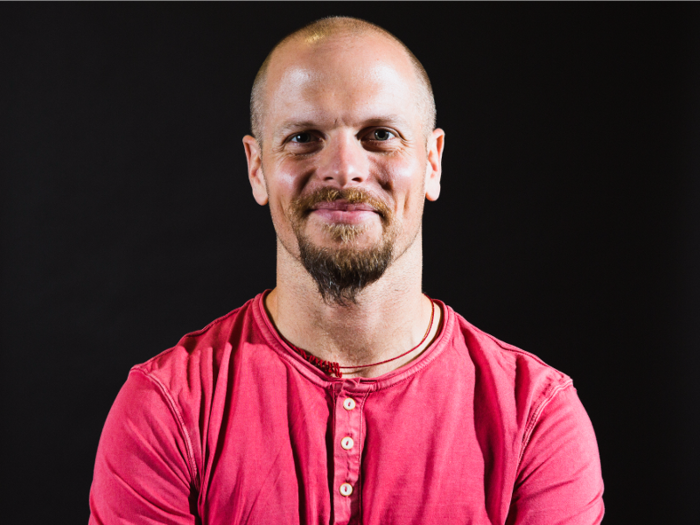
Tim Ferriss, podcast host and author of "The 4-Hour Workweek" and most recently "Tribe of Mentors," has made a career of helping his audience optimize their lives, but he told me in an interview for BI's podcast "Success! How I Did It" that only recently did he realize that he needed some time to focus on himself.
One realization he had was that he should always ask himself, "What would this look like if it were easy?"
"As a Type A personality — someone who's always been hyper-competitive, very driven," Ferriss said, "one of the proxy measurements of success can be effort, right? And I think that many people who are accustomed to being able to outwork other people, they use that as a blunt force instrument, and then when they have the opportunity to do something, insert a lot of unnecessary complexity that then causes all sorts of issues later."
Now whenever I run into a situation that is causing me overwhelming stress, I ask myself the same question and often find that there is an easier solution than the one I imagined I would have to take.
'Shark Tank' investor Daymond John learned that a reliable team is paramount.
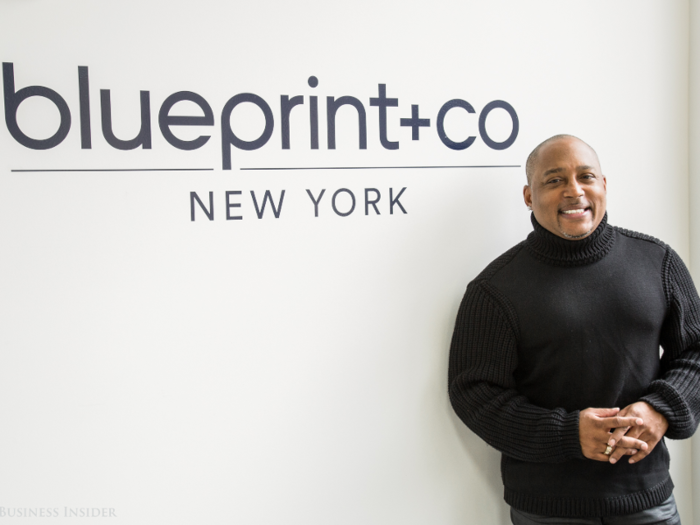
When he became a "Shark Tank" investor in 2009, FUBU founder Daymond John assumed that he and some hired hands could handle taking on startups to advise and develop. It didn't take long to realize that cutting corners on building a team was leading to big losses in his businesses, he told me.
He decided to invest in a strong foundational team to help manage his increasing portfolio, and began a practice of adding two new employees for each new season of "Shark Tank."
While I don't find myself in his situation, I took his fundamental insight and began relying more on my colleagues for helping me with work, rather than feeling like I had to be involved in every step of a project I'm involved in.
Knixwear founder Joanna Griffiths found that 'impostor syndrome' was easily overcome.
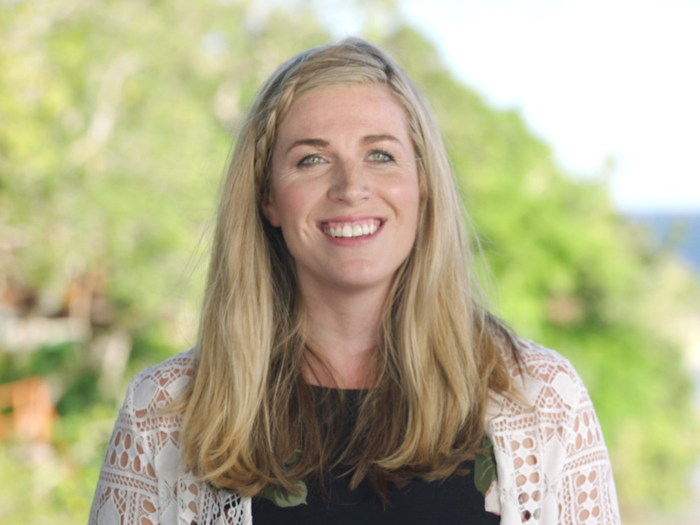
Knixwear founder Joanna Griffiths took one of the most successful Kickstarter campaigns ever and turned it into a profitable lingerie business that brought in around $20 million in revenue this year.
Since founding her company in 2013, she said, she had been haunted by the "impostor syndrome," the notion that any of her success was a fluke, and that her perceived lack of talent would inevitably lead to failure. But after conversations with fellow successful entrepreneurs and some coaching from Tony Robbins, she realized she had been creating a myth for herself.
"Every single one of these people experiences this because this is what happens when you push yourself, and you build, and you're constantly stretching outside of your comfort zone," Griffiths said. "Of course you're going to feel unsteady. And so ... this is part of the process. ... That has been a really liberating thing."
Her insight made me realize alongside her that no ambitious person, even the most successful, ever feels totally comfortable with the level they're at, and that it is much healthier to find fulfillment in successes along the way.
World Champion of Public Speaking Manoj Vasudevan found a surprising way to get over stage fright.

Manoj Vasudevan is the 2017 Toastmasters International world champion of public speaking, but he said that less than a decade ago he couldn't even bring himself to give a presentation in front of a small group of friends.
He only got over that fear when he got over his ego.
As he put it, when someone looks meek and frightened in front of an audience, they're actually being narcissistic. That sounds contradictory, but the root of self-doubt is one's ego saying that person is not good enough for the audience.
Being too confident is just as bad, because someone wrapped up in their ego can appear obnoxious or even boring to an audience.
It's not about you, Vasudevan said. Above all else, a presentation is about a message. "Remember, you're there to serve. When you're in service, there is no fear."
Former fighter pilot and Top Gun instructor Dave Berke said hard work is more valuable than natural ability at a certain level.
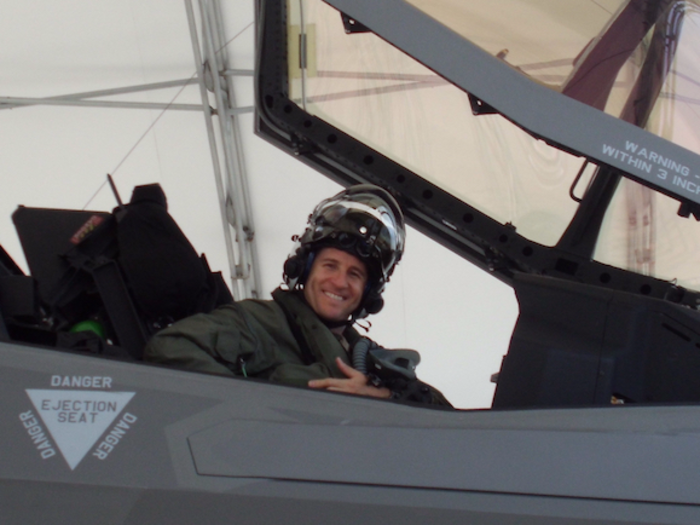
Dave Berke is a retired US Marine officer who spent a 23-year military career flying fighter jets, teaching elite pilots at the Top Gun school, and serving alongside Navy SEALs on the ground in Iraq as a forward air controller.
He told me that a lesson he learned as an 18-year-old has helped guide his career.
When he arrived at officer candidate school, he was intimidated by his fellow candidates, who all seemed to make his average frame and build seem weak and scrawny. But as the days passed, more and more candidates fell out.
"As they started to fail, I started to realize that the difference between success and failure was mental toughness," he said.
Berke helped me realize that once reaching a certain level of ability in any given field, there is an increasingly narrow range of skill sets, and that those who reach the highest levels of success are the ones not necessarily at the top of that skill range, but those who have the most determination and put in the hardest work.
Lively founder Michelle Cordeiro Grant learned that ambition alone can lead to burnout.
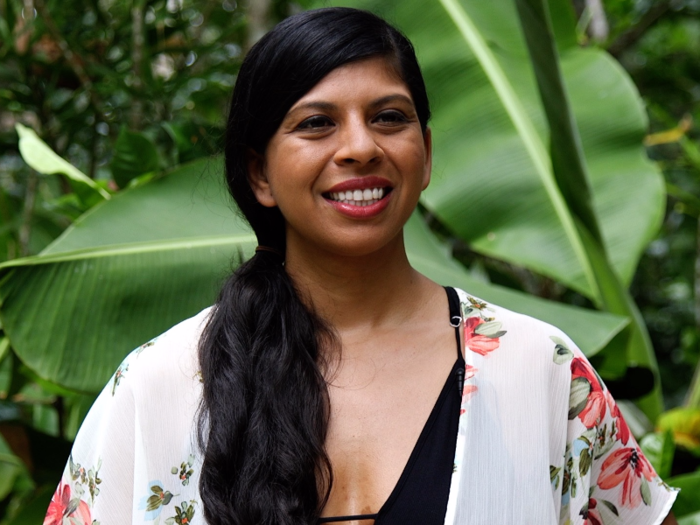
Michelle Cordeiro Grant is the founding CEO of Lively, a rapidly growing lingerie startup.
She described herself as a naturally aggressive, passionate person, who brings those qualities to her business, but she also realized that if left unchecked, those same strengths could lead to her undoing.
Her self-reflection showed me that seeing time for well-being as "weak" just leads to burnout and yields the opposite of the intended result of such a mindset.
As Cordeiro Grant said, she is focusing on drawing lessons from every win and failure in her career, and will "elegantly move on to the next."
Arby's CEO Paul Brown said he learned the power of asking 'silly questions.'
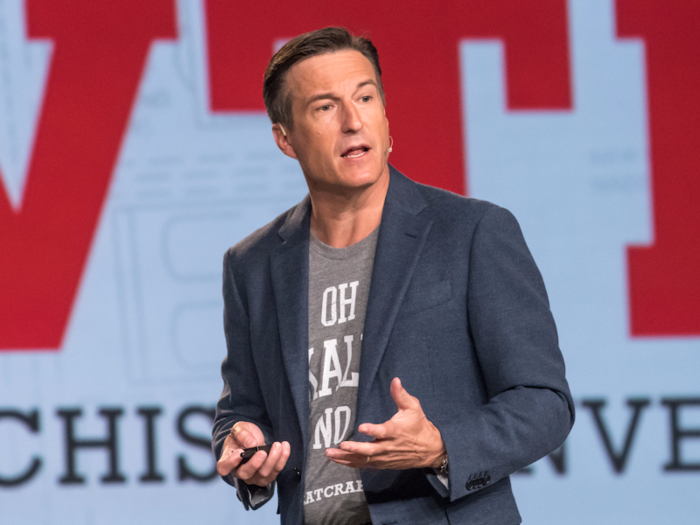
Arby's CEO Paul Brown was able to transform a struggling fast food brand into one of the fastest growing and most successful in its industry since taking over in 2013.
He said that one way he was able to turn it around was by using his role as an outsider to his advantage and asking "silly questions," challenging the usual ways of doing things that no one would even think to ask about.
I found that often in meetings or group projects, it's easy for momentum to build around one of the first ideas proposed, or to move forward based on what worked in the past — but that it's also sometimes necessary to set aside ego and take Brown's questioning approach to challenge what everyone is taking for granted, for everyone's benefit.
Pipcorn creators Jeff and Jen Martin stressed the importance of knowing oneself.
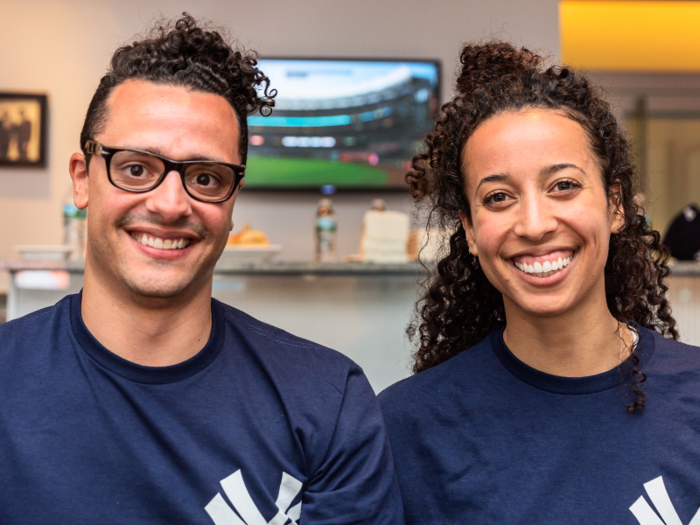
Brother-and-sister duo Jeff and Jen Martin are the founders of gourmet popcorn company Pipsnacks, and are two of Barbara Corcoran's favorite entrepreneurs she made a deal with on "Shark Tank." This year, they brought in around $5 million in sales, at a profit.
The Martins told me that their business journey has taught them that is it very valuable to seek out others who have already experienced the challenges currently facing, but that you cannot blindly take their advice.
As Jen said, "Ask questions — see what people say. But I think that you also should very much have to believe it yourself and know where your passion is."
Above all, they said, know yourself and your desires, or any advice is meaningless.
Wall Street performance coach Denise Shull found an unconventional way to get out of a slump.
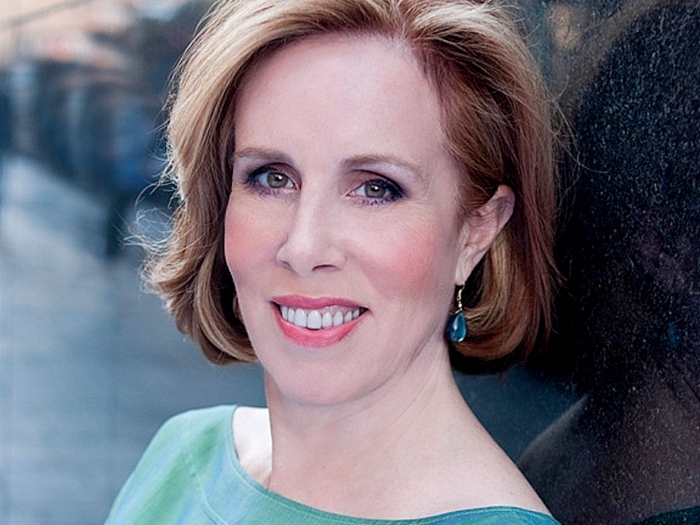
Denise Shull is a Wall Street performance coach whose firm The ReThink Group works with Wall Street executives, and her work helped inspire the "Billions" character Wendy Rhodes.
Shull said she's found that when clients come to her asking for advice on how to get out of a slump, they wrongly assume she can help them will themselves to success through sheer determination and grit.
"It doesn't work like that," Shull said.
Instead, Shull tells her clients to identify and name the feelings they are attaching to the weaknesses causing them to fail, and dive right in. By embracing these feelings, her clients can come to understand them, strip them of power, and then replace them with desired emotions. The thoughts follow the feelings, she insists, rather than vice versa.
It's a practical but potentially profound approach to turning things around.
UNC psychologist Dr. Mitch Prinstein said that everyone should strive to reach a specific kind of popularity.
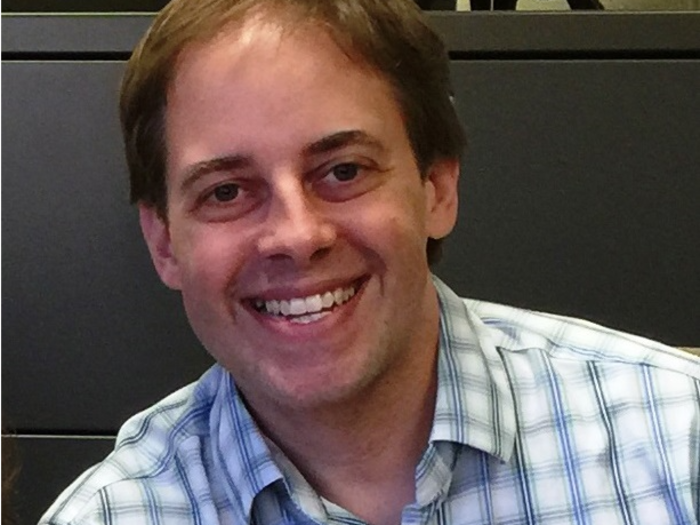
Dr. Mitch Prinstein is a psychologist at the University of North Carolina at Chapel Hill and the author of "Popular," a study into the psychology of popularity.
As he sees it, there are two types of popularity: status and likability. While most people focus on the former, Prinstein said, they neglect the latter. And that's a shame, because likability is far more important.
"Likability is one of the most valuable commodities, not just in the business world but in all of our social relationships," Prinstein told us. "We should be investing in it as much as we invest in anything else that we hope will help our lives."
After going through Prinstein's work, I became convinced that Machiavellian tactics might account for short term gains, but ultimately building genuine relationships with people are important to both personal fulfillment and long term success.
Maui Brewing Company CEO Garrett Marrero said it's vital to learn everything you can about your job.
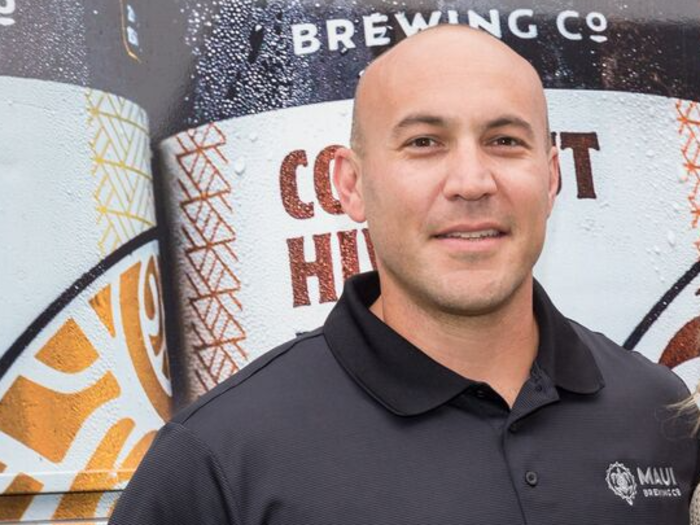
Garrett and Melanie Marrero are the cofounders of Maui Brewing Company and the winners of the US Small Business Association's 2017 Small Business People of the Year award.
The husband-and-wife duo have developed the largest craft beer brewery in Hawaii, and Garrett told me that he got to that point by learning everything possible about the craft beer industry.
That meant that even though he had a brewmaster to develop beer recipes, he was still going to learn everything he could about the process, from the ingredients to the packaging. He educated himself by seeking out the brewers he most admired, and studied their work down to the finest detail.
His advice showed me that learning how to do only your own job is not enough if you want to make an impact in your own company or your employer's, and that at least being aware of the processes going on around you will help you perform your own duties better.
Casper CEO Philip Krim said that it's always better to over-communicate than under-communicate.
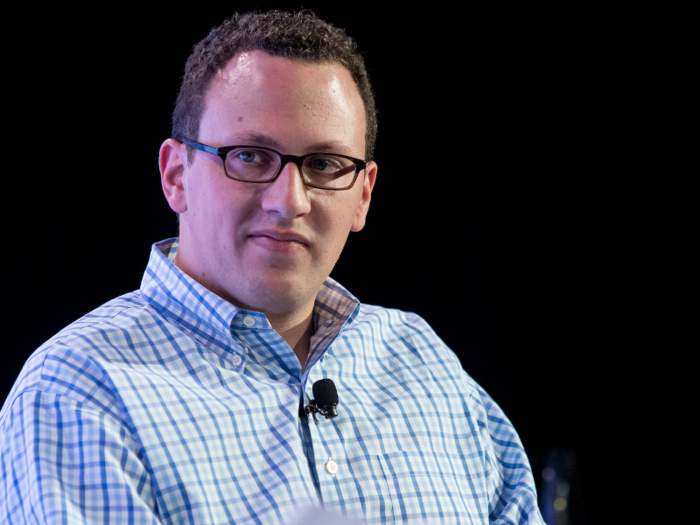
Philip Krim and his Casper cofounders have built a direct-to-consumer mattress company that has sold hundreds of millions of dollars of product and as of summer 2017 had a valuation of $750 million.
Krim told me that as he grew into his role of CEO, he learned that it was always better to risk sharing too much with his employees and customers than to risk sharing too little.
For example, he said that leading a scaling company taught him that a rapidly expanding company can make employees feel uneasy or overwhelmed, and that he found that it was reassuring to inform them of growth plans that were months or even a year in the future.
I've found the same is true even in small-scale, daily interactions with coworkers, and that it's preferable to share too much information about how a project is going rather than staying in the dark.
Popular Right Now
Popular Keywords
Advertisement